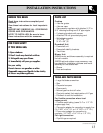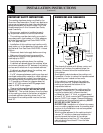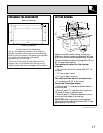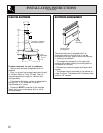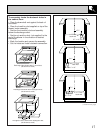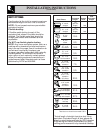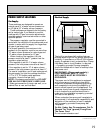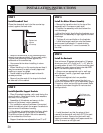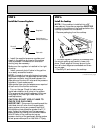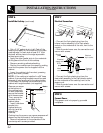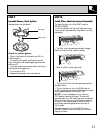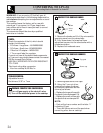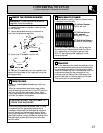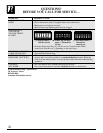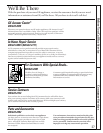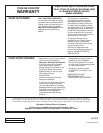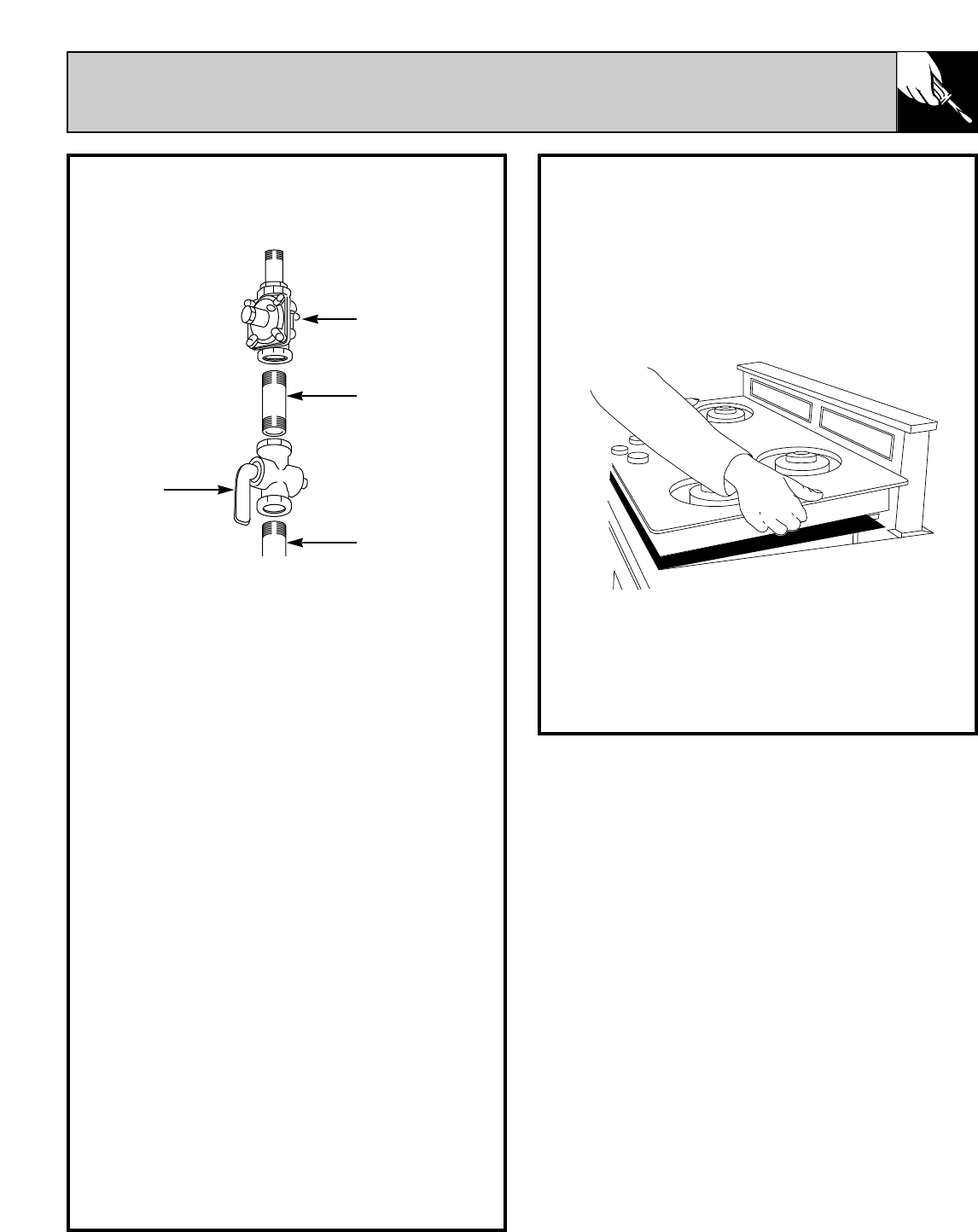
21
STEP 6
Install the Cooktop
NOTE: If the cooktop is installed into a 36″
base cabinet, the pressure regulator MUST BE
installed to the bottom of the cooktop before the
cooktop is placed into the cabinet.
• Remove packaging from the cooktop.
• To insure a good fit, position the cooktop over
the cutout opening and carefully lower into
place. Check edges all the way around to be
sure all cutout edges are concealed and there
are no gaps.
• Carefully lift and remove the cooktop.
STEP 5
Install the Pressure Regulator
• Install the supplied pressure regulator and
nipple in the gas line as close to the cooktop
inlet as possible. Allowances for ventilation
ducting may be necessary.
Make sure the regulator is installed in the right
direction.
• Install a manual shut-off valve in the gas line
in an easily accessible location.
NOTE: Instead of using solid piping to connect
to pressure regulator, an approved flexible metal
appliance connector may be used between the
pipe stub and the shut-off valve and the pressure
regulator, if local codes permit.
Appropriate flare nuts and adapters are required
at each end of the flexible connector.
• Turn on the gas. Check for leaks using a
liquid leak detector at all joints in the system.
(The pressure test nipple is adjacent to the gas
inlet pipe on the rear right hand side of the
cooktop bottom.)
CAUTION: DO NOT USE A FLAME TO
CHECK FOR GAS LEAKS.
IMPORTANT: Disconnect the cooktop and the
individual shut-off valve from the gas supply
piping system during any pressure testing of
that system at test pressures greater than 1/2
psig. Isolate the cooktop from the gas supply
piping system by closing the individual manual
shut-off valve to the cooktop during any
pressure testing of the gas supply piping system
at test pressures equal to or less than 1/2 psig.
Regulator
Solid piping or
flexible connector
Pipe stub
Shut-off
valve
(continued next page)



